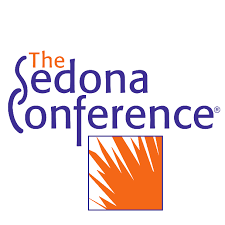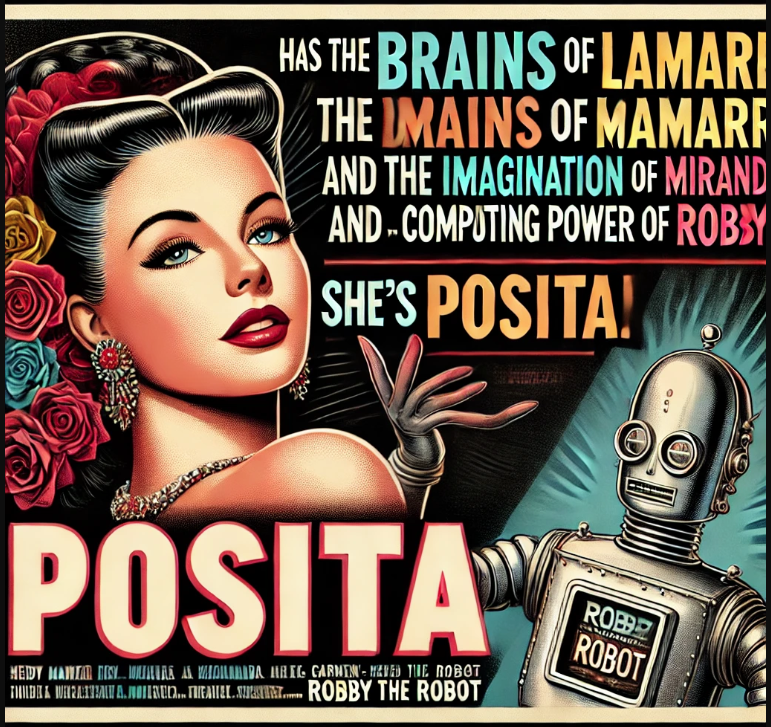I will be in Tampa next week, trading the record-breaking heat of Phoenix for the humidity of Florida. But I’m not flying east for the weather. I’ll be attending joint annual meeting of The Sedona Conference’s Working Groups 9 (patent damages and remedies) and 10 (patent litigation best practices) at the Hotel Haya. I’m looking forward to this – not because I’m a patent litigator, which I’m not (the last patent case I worked on was an appeal in 1986).
No, I want to sit in on the discussions of patent developments around the world, and particularly how different jurisdictions are addressing the issues raised by Generative Artificial Intelligence. Could we end up with country-by-country determinations of whether the use of GenAI in the development of new inventions, and particularly the coding that seems to be a part of every technological advance these days, is or is not a disqualifying factor in granting a patent. Inquiring minds want to know, and I’m not asking ChatGPT 4o.
I was also intrigued by the description of the session to be led by Lestin Kenton, Jim Ko, and Matt Powers, self-described “brainstormers” on this issue in the United States. Here’s just the start:
"The widespread adoption of generative artificial intelligence by the business world will have far-reaching implications in the patent litigation space. A critical component of every patent case concerns the definition of the hypothetical person of ordinary skill in the art (“POSITA”). This definition has implications for claim construction and infringement purposes, and invalidity analyses under 35 U.S.C. §§ 102, 103, and 112. There is an open question whether the POSITA definition should assume access to generative AI platforms. Would such access greatly expand the POSITA’s knowledge? And if access to generative AI platforms is assumed, what are the contours of those platform(s)? If a POSITA is assumed to have access to AI, what are the implications for the motivation to combine analysis and analogous art issues under § 103? What are the implications for considering whether a patent contains an enabling disclosure under § 112?"
[cont’d ↗]

Kenneth J. Withers
Executive Director
The Sedona Conference


I’ve always been fascinated by legal fictions. Back in the 18th century, fictions like “trespass on the case” allowed you to claim that someone “trespassed” on your property by not paying you for goods, which got you into court before the development of contract law. Or the useful fiction that the outcome of your contract claim would determine who owes what to the King in taxes got you into the Court of Exchequer, bypassing the crowded dockets of the Courts of Common Pleas or King’s Bench. These were two of the bread-and-butter fictions of the 18th century common law system that made it hum.
But here in the 21st century, the king of legal fictions is the hypothetical POSITA. In my imagination, Posita has been a combination of Hedy Lamarr (1940’s Hollywood star and inventor of the precursor to WiFi) and Carmen Miranda (1940’s Hollywood star with a fruit basket on her head). Now I need to add Robby the Robot (1950’s Hollywood sci-fi icon and life-sized puppet) to the image, which is difficult. This time I asked ChatGPT 4o, and it came up with a fetching image but completely garbled text, which stubbornly remained after several iterations. There’s probably a lesson here somewhere.
I better just sit quietly in the conference and absorb the wisdom of the experts. And I invite you to join me. I know it’s short notice, but here’s the pitch:
The Sedona Conference’s Working Groups 9 and 10 will be meeting jointly on September 24 – 25 at the Hotel Haya in Tampa, Florida, as part of Sedona’s all-hands-on-deck mobilization to address the challenges of artificial intelligence and global technological competition to the intellectual property system. Sedona Conference Working Group Meetings are open to Working Group Series members and employees of sponsoring organizations. Information on membership is available here and information on the Joint Annual Meeting can be found here.
This meeting follows the annual meeting of The Sedona Conference’s Working Group 12 on Trade Secrets earlier this month in Phoenix, two public conferences on Artificial Intelligence and the Law held in the spring in the Washington, DC area, and the publication of a groundbreaking article in The Sedona Conference Journal by former Chief Judge of the Federal Court of Appeals Paul Michel and patent practitioner Jim Ko, “Testing the Limits of the IP Legal Regimes: Unique Challenges of Artificial Intelligence“. In January 2025, The Sedona Conference will officially launch its new interdisciplinary Working Group 13 on Artificial Intelligence and the Law, followed by its highly respected annual Global Intellectual Property Litigation Conference, to be held March 24 – 25, 2025, at the Hilton The Hague in The Netherlands. Details on both events are forthcoming and will be posted on The Sedona Conference website as soon as they are available.
© Copyright 2024 The Sedona Conference
Leave a Reply